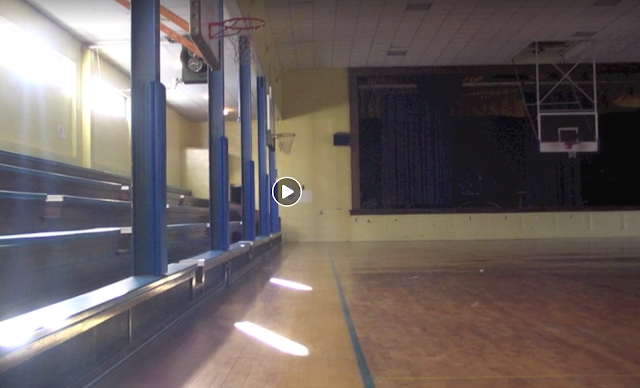The surge of wealth amongst some in society and all of the services and products (and colleges) catering to that wealth has created, or surged, a class of people who see themselves as deserving their class - of being set apart via their connections and wealth from the rest of us.
For some, it's all a game and anyone outside their clan is suspect. For others, it's just how life has always been - a them and a "we." The "we" is people with resources, connections, power, and a feeling that their power is righetous, deserved, and should be wielded - like the dukes and counts of old.
At least in that system, titles of nobility were obviously acts of luck - bestowed by some unelected despotic king for a favor. They had no lititimacy and were thus banned in the Constitution.
And yet, American society remains facinated by nobles and continues to revere them - except we call them the 1% or The Real Housewives or (fill in your favorite blank here). We have given them our attention and in this economy, that's all that matters. We have permitted this class of people to dominate our thinking, grow in power, and for what end?
Well, we may not see anything better. Unions in my childhood were known to me as decadent, corrupt organizations whose primary contribution to the workplace was making everyone stop a line for 30 minutes until a member of the electrician's guild could be bothered to show up and flip a simple breaker. They, and management, apparently didn't care about productivity and profit - just capturing more and rent seeking.
Faced with these sorts of organizations, it makes sense we now revere people who build their wealth by providing a novel service, but in the process we crowd out morality, ethics, and decency as first principles for power.



